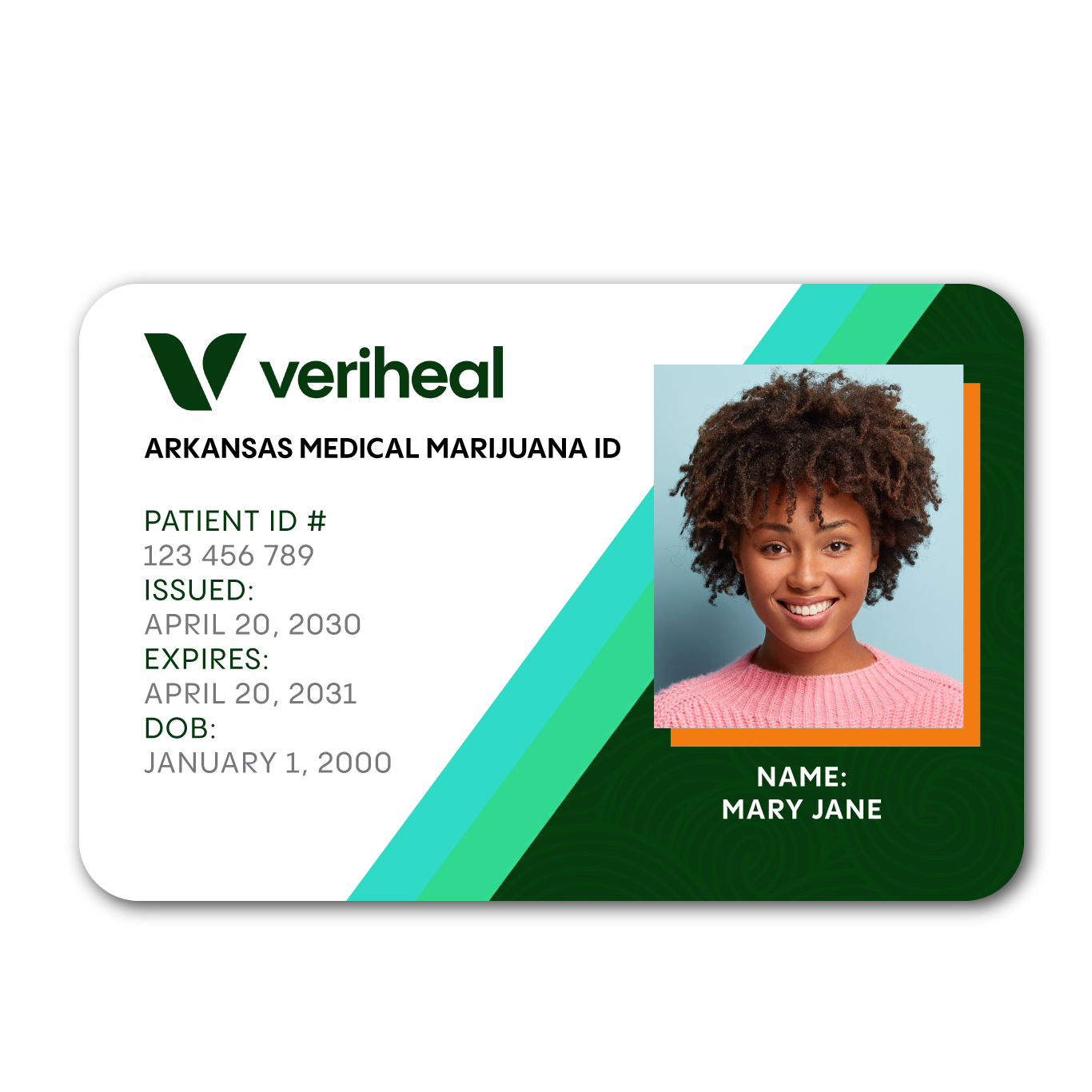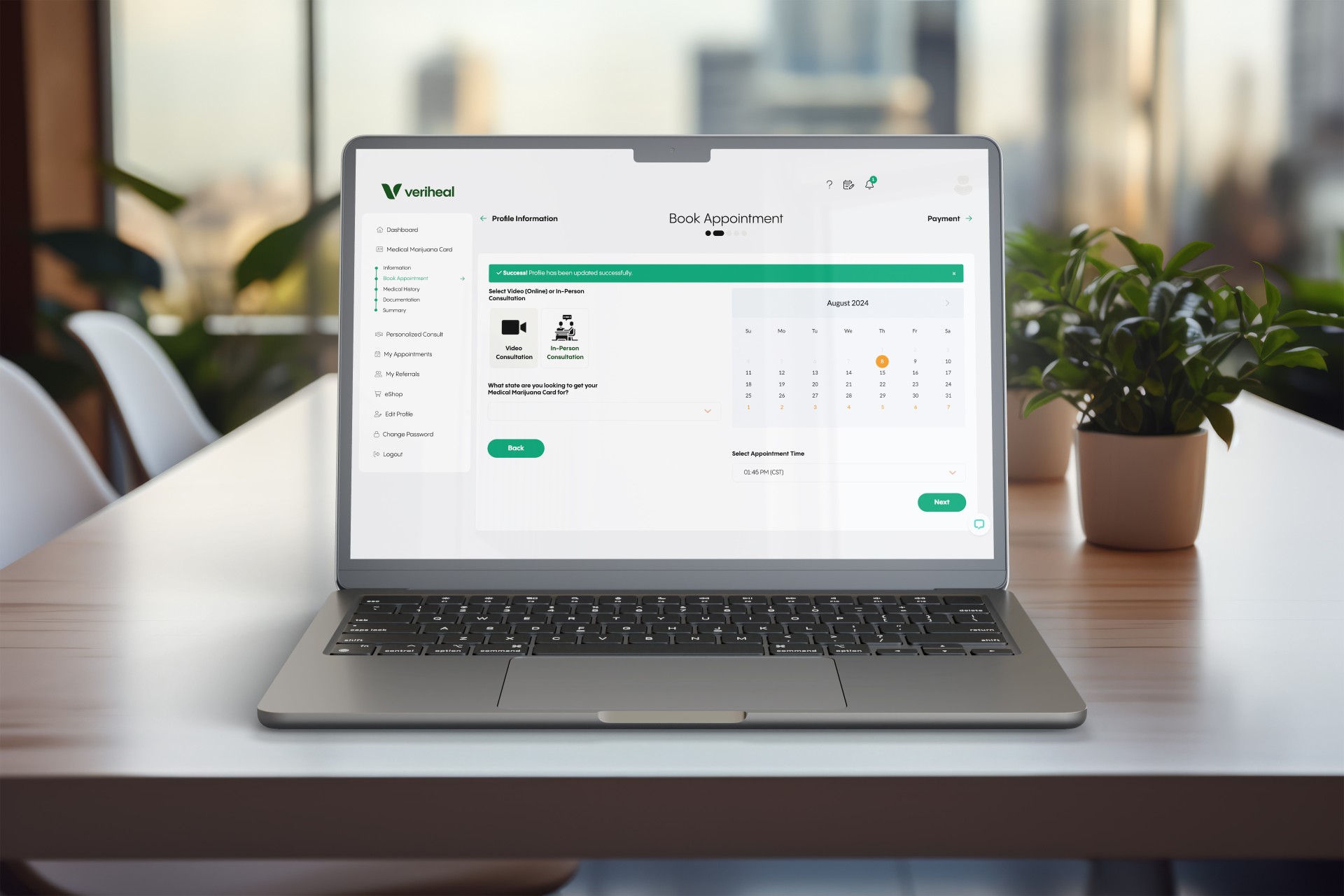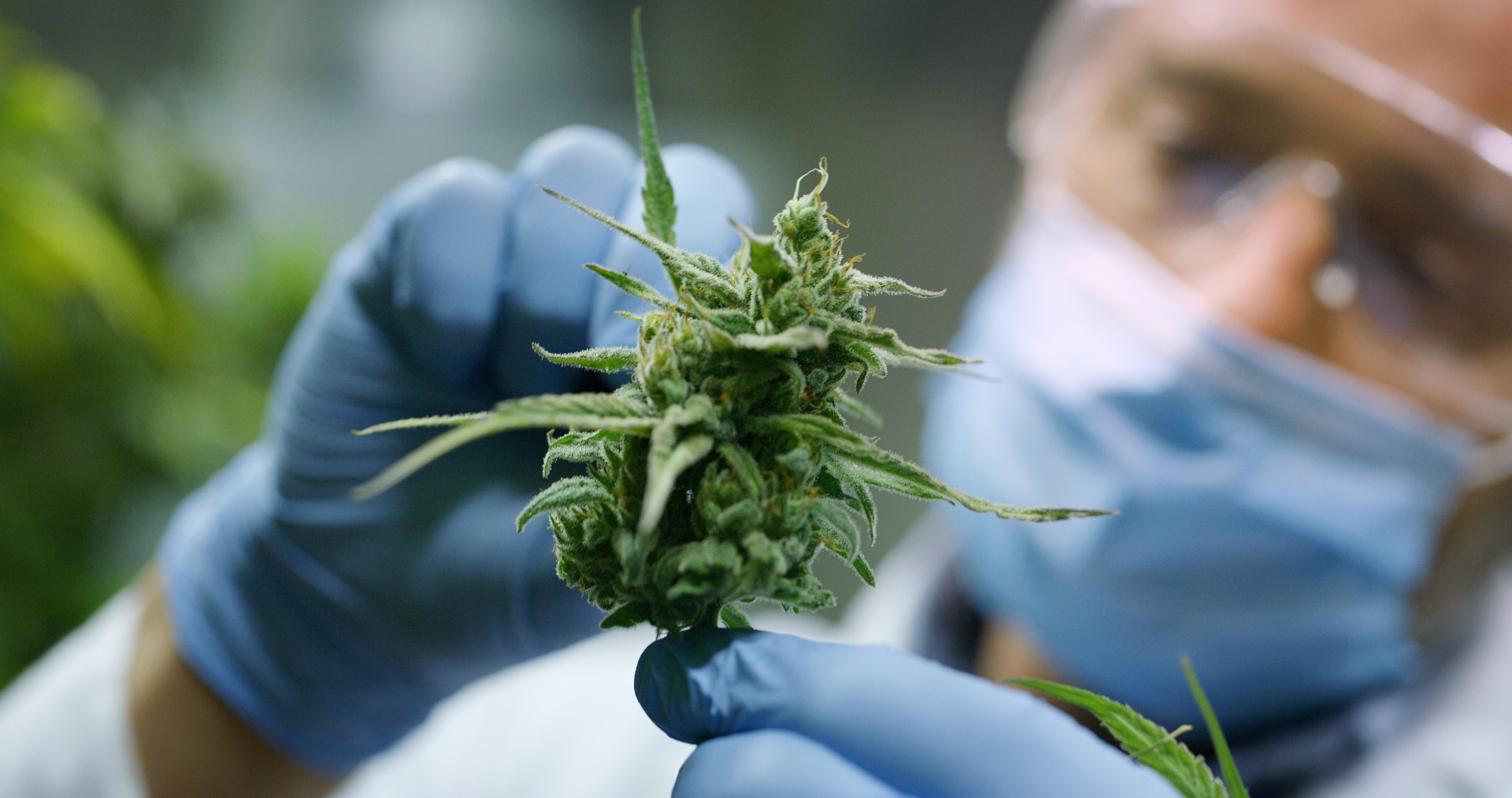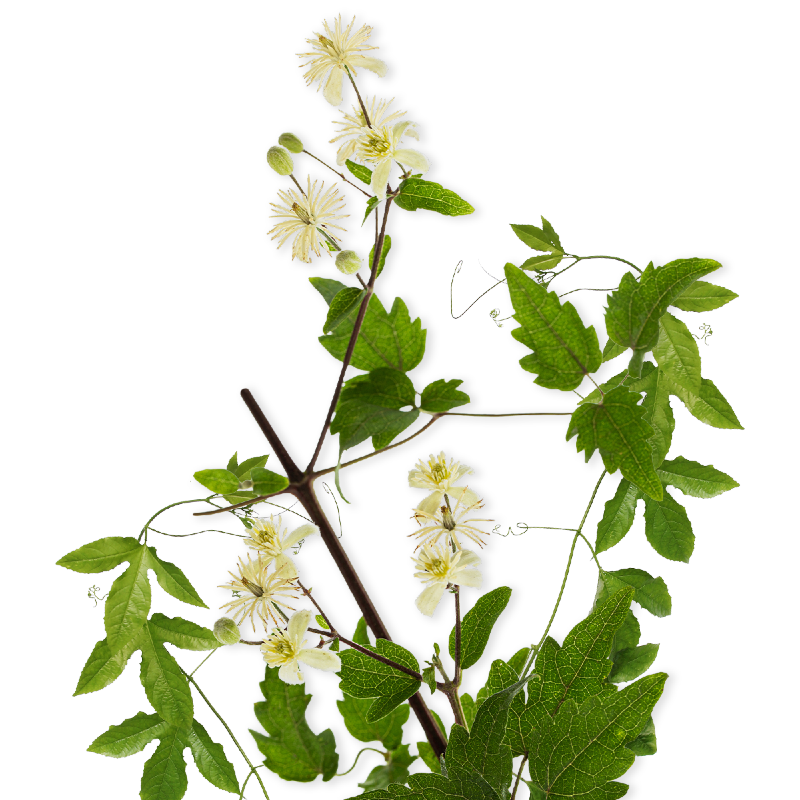There are more than a dozen conditions in Arkansas that make residents eligible for a medical cannabis card, including:
Alzheimer’s disease
Amyotrophic lateral sclerosis (aka Lou Gehrig’s Disease)
Cachexia or wasting syndrome
Cancer
Chronic arthritis
Chronic muscle spasms characteristic of multiple sclerosis
Chronic nausea
Crohn’s disease
Fibromyalgia
Glaucoma
Hepatitis C
HIV/AIDS
Intractable pain not responsive to traditional drugs
Peripheral neuropathy
PTSD
Seizures characteristic of epilepsy
Tourette’s syndrome
Ulcerative colitis
Any other medical condition or its treatment approved by the Arkansas Department of Health is also included. Unlike some states that have approved specific qualifying conditions, Arkansas allows patients to petition the Department of Health asking for their specific condition to be added to the list. However, not every doctor can certify patients with qualifying conditions. According to state regulations, a “medical provider must be a doctor of medicine or osteopathy licensed in the state of Arkansas, have a controlled substances license on file with the DEA, be in good standing to practice medicine in Arkansas, and have a bona fide physician-patient relationship with the patient they are certifying for medical cannabis.”












